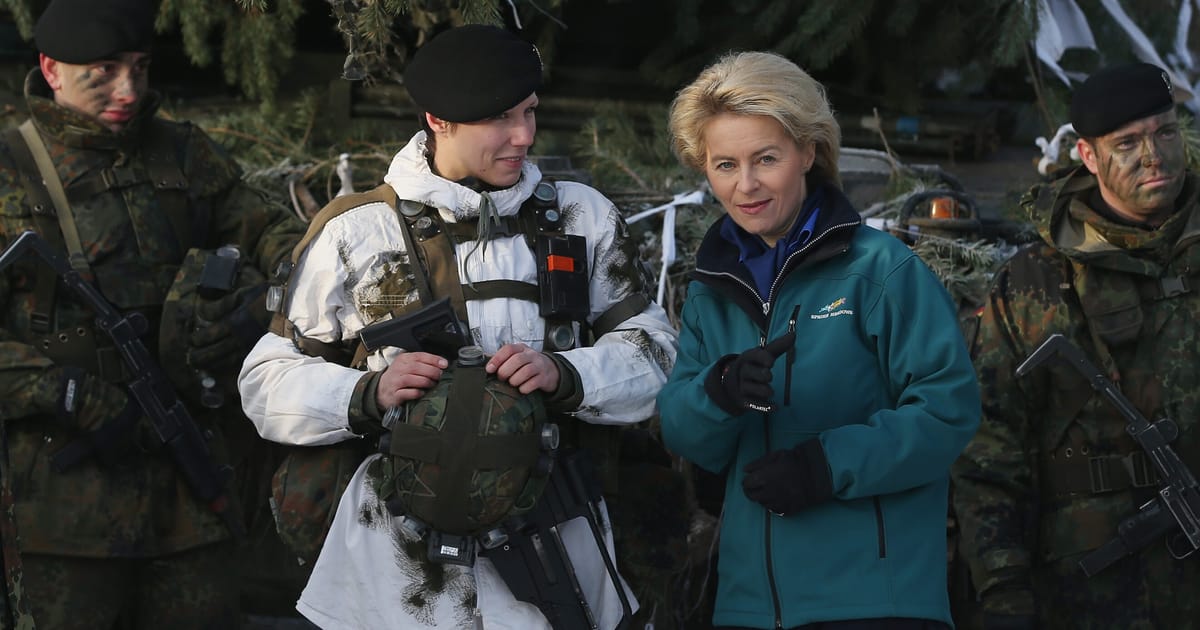

In recent weeks, the global political and economic landscapes have been abuzz with developments that signal a blend of challenges and opportunities on the international stage. These occurrences underline the complexities inherent in international relations, particularly with regards to trade, regulatory frameworks, and defense collaborations. The European Union (EU), the United States (US), and significant figures engaged in diplomatic missions all feature prominently in the unfolding narratives, each striving to navigate these intricacies with strategic intent.
In Brussels, the dialogues surrounding the EU’s trade dynamics with the US have gained significant momentum. As both parties engage in discussions about their trade agreement, there emerges a growing call within the EU for a more assertive stance in case negotiations reach an impasse. This strategic posture, informally referred to as the “commercial bazooka”, reflects a readiness to protect the EU’s market interests robustly if needed. Such an approach aims not only to safeguard existing agreements but also to proactively shield the EU’s economic stability against unforeseen disruptions, should the dialogues falter.
Amidst these discussions, transatlantic relations have been further tested by legislative attention on digital governance. The US Congress has recently cast a critical eye over the EU’s Digital Services Act (DSA), which aims to create a safer digital space for users while promoting innovation and competition. Concerns have been raised regarding whether the Act could inadvertently impose extra-territorial restrictions that may impact US-based companies. However, this scrutiny offers an opportunity for both the EU and US to potentially fine-tune regulatory frameworks that both safeguard consumer interests and encourage international digital trade resilience.
Adding to the complexity of international engagements, former US President Donald Trump’s visit to Scotland for trade talks has coincided with renewed media interest in his past associations. On this occasion, the spotlight returned to his previous ties with convicted sex offender Jeffrey Epstein, following recent developments in related legal investigations. Trump, maintaining a focus on his current objectives, emphasized that these discussions did not detract from his intention to enhance international trade relations during his time abroad.
Parallelly, the bolstering of defense ties within the ambit of NATO has witnessed a significant development. The United States has extended support amounting to 3.4 billion euros to Poland for enhancing its defense capabilities. This initiative stands as a reaffirmation of mutual commitments to maintaining peace and security across Europe, a goal shared between these long-standing allies. The efforts signal a collaborative pursuit to deter aggression and uphold sovereignty within the NATO framework, reflecting solidarity in securing future stability for the region.
These interconnected developments present a picture of the modern geopolitical landscape, where trade, regulatory norms, and defense cooperation are closely intertwined. They underscore the ongoing endeavor by global powers to harmonize their strategies amidst the multifaceted challenges of diplomacy and mutual interests. As these narratives continue to unfold, they not only reveal insights into current geopolitical priorities but also shape the trajectory of future collaborations and partnerships on the world stage.
In this evolving global context, stakeholders are prompted to engage with diplomatic tact and foresight. Navigating these waters requires attentiveness to each nation’s strategic ambitions, as well as an openness to dialogue that respects diverse perspectives while fostering international unity. It is through such mindful approaches that sustainable solutions and new pathways for cooperation can be discovered, paving the way for a more interconnected and peaceful international order.
Source: {link}
